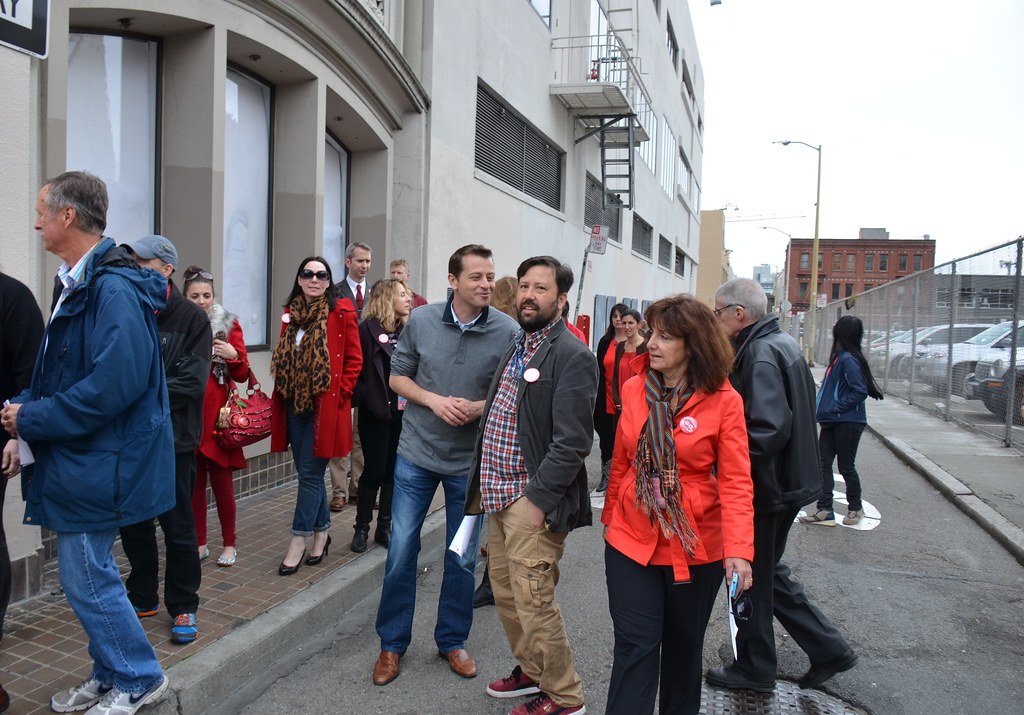In what could potentially be the largest single-employer strike in history, United Parcel Service (UPS) finds itself on the brink of a labor crisis. The shipping giant has expressed its willingness to return to the negotiating table with the Teamsters union next week. The company is determined to enhance its offer in an effort to avert a strike that looms large at the end of the month.
“We are prepared to increase our industry-leading pay and benefits, but need to work quickly to finalize a fair deal that provides certainty for our customers, our employees, and businesses across the country,” stated Glenn Zaccara, UPS Vice President of Communication.
The talks between UPS and the labor union, representing around 340,000 employees, had reached an impasse on July 5, prompting a two-week pause. Both sides blamed each other for the breakdown in negotiations, leaving the fate of the contract up in the air.
The current contract for UPS Teamsters is set to expire on July 31, and the workers have already granted authorization for a strike if an agreement is not reached by the deadline. The possibility of such an action has raised concerns as it could result in substantial economic losses, surpassing $7 billion in just ten days.
Stakes are High, a Historical Standoff
Should the strike come into effect, it would mark an unprecedented event in labor history. With the potential to cripple operations and halt the flow of goods, this standoff could have far-reaching implications. UPS, known for its reliable and efficient service, would face immense challenges in fulfilling its commitments to customers.
The negotiations have seen progress in various aspects, and both parties have reached consensus on most points, as asserted by UPS. However, a key point of contention remains – part-time worker pay. The Teamsters have strongly criticized the current wage structure, labeling it as “poverty” wages in certain regions.
The Battle over Part-Time Worker Pay
According to UPS, part-time employees at the company currently receive an average wage of $20 per hour after the initial 30 days of employment. Additionally, they enjoy the same health benefits as full-time workers. Nevertheless, the Teamsters remain steadfast in their demand for better compensation and improved working conditions for part-time staff.
The matter has sparked heated debates, with both sides presenting their case with determination. The labor union contends that part-time workers play a crucial role in UPS operations and deserve fair remuneration that reflects their contributions.
The Race Against Time
As the deadline approaches, UPS faces mounting pressure to find common ground with the Teamsters. With billions of dollars at stake and the possibility of a crippling strike, the urgency to reach an agreement has never been greater. Both parties are well aware of the consequences of a prolonged deadlock.
Glenn Zaccara emphasized the need for swift action in securing a deal that benefits all stakeholders. The company is eager to protect its reputation for reliable service, while the workers seek equitable treatment and improved wages.
Conclusion
As the clock ticks, UPS finds itself at a critical juncture. The impending strike and its potential repercussions have captured the attention of the nation. All eyes are now on the bargaining table, awaiting news of a breakthrough in negotiations. The outcome of these talks will not only affect the company and its employees but will also have far-reaching implications for the broader economy. As the parties brace for what may be a defining moment, the nation holds its breath in anticipation of a resolution to this high-stakes labor dispute.
Download our app MadbuMax on the Apple App Store for the latest news and financial tools. Interested in getting your finances in order do not forget to check Dr. Paul Etienne’s best-seller book on personal finance. To access more resources, tools and services please click here. Also do not forget to follow Dr. Etienne on IG or Twitter.

